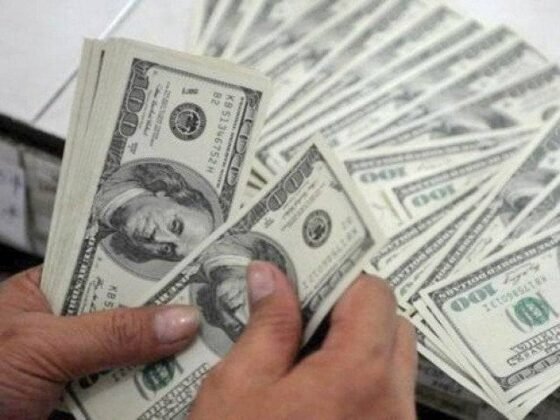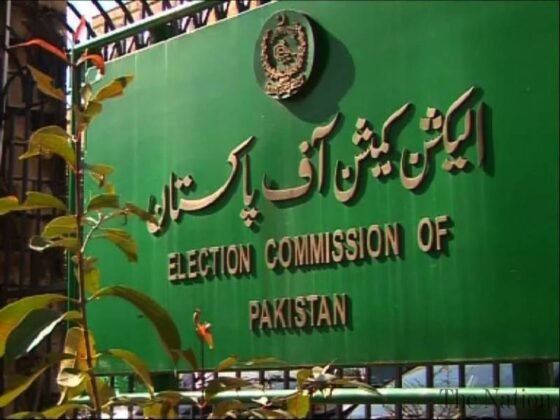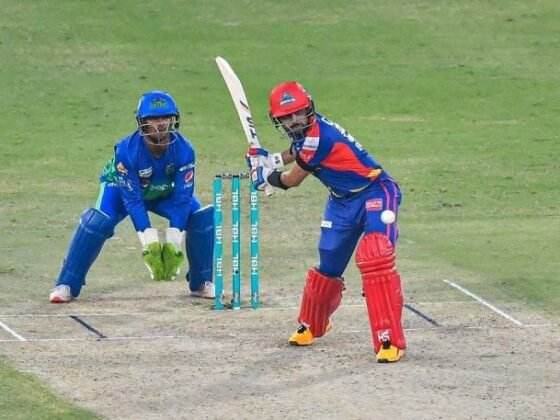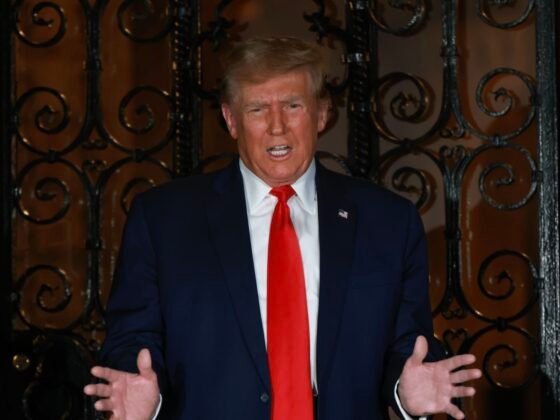Pakistan is amongst a handful of Muslim nations which can be feeling the pinch of United States (US) President Donald Trump’s visa ban six months in, with 26 per cent fewer non-immigrant visas issued to Pakistanis in 2017 as in comparison with earlier 12 months’s common, in accordance with a Politico evaluation.
Trump handed an government order firstly of the 12 months which initially barred travellers from Iran, Iraq, Libya, Somalia, Syria, Yemen and Sudan. In successive iterations of the ban, Iraq and Sudan had been dropped from the listing and Chad, North Korea and Venezuela had been added to it.
Knowledge collected and analysed by Politico confirmed a “notable drop” within the variety of visas issued to folks from Muslim-majority nations total, along with these focused by Trump’s journey ban, with Arab states among the many hardest hit.
Though Pakistan is just not on the listing of nations that had been barred, it ─ together with just a few different South Asian nations ─ has additionally seen a decline within the variety of visas issued to travellers.
The issuance of visas to the six nations initially named the ban dropped 44laptop this 12 months in comparison with month-to-month common information from fiscal 12 months 2016, Politico reported, with Syria and Yemen seeing the steepest declines.
Customer visas to Arab nations fell 16laptop, whereas the variety of visas issued to folks from 50 Muslim-majority nations dropped 8pc ─ however the variety of whole visas issued remained nearly unchanged, in accordance with Politico.
Iran witnessed a 37laptop decline within the variety of visas issued from March to August 2017 in comparison with March-Aug 2016, whereas Somalia noticed a 42laptop drop in visas throughout the identical time interval, the report stated.
Some Muslim nations ─ together with the Central Asian states of Kazakhstan, Uzbekistan and Turkmenistan ─ had been amongst those who witnessed a rise in non-immigrant visas, the information confirmed.
A New York Metropolis-based accomplice at Withers Worldwide, an immigration regulation agency, Riaz Jafri, advised Politico he discovered many individuals from Muslim-majority nations now select to not journey to the US. He recalled assembly purchasers overseas who “did not wish to undergo the trouble” of making use of for a US visa.
Jafri additionally noticed folks more and more going by means of “background checks beneath a course of known as administrative processing” ─ a type of prolonged vetting which will take as much as eight to 10 weeks for a few of his purchasers.
Jafri, whose purchasers’ nationalities embody Pakistani, Indian, Malaysian, Indonesian and others, famous that he had seen 4 visa denials this 12 months which had been attributed to alleged hyperlinks to terror teams, together with a visa utility from a outstanding businessman, Politico reported.
“I’ve been doing this for 25 years. I’ve not seen a terrorist-related denial for a shopper, ever,” he stated.
Moreover, he identified that that the time taken by prolonged vetting is a hindrance to enterprise travellers. “They cannot function in that kind of unsure atmosphere, so they don’t seem to be travelling as a lot,” he stated.
Los Angeles-based immigration legal professional and former consular officer with almost a decade working on the State Division, David Strashnoy, stated he had seen longer wait instances for folks from Muslim nations who had been flagged for administrative processing.
“I do not suppose it is a coincidence… This is likely one of the ways in which they’re doing it [combating terrorism], by vetting people from Muslim-majority nations extra totally than different nations.”
“The consequence is… This excessive slowdown within the visa-processing machine,” he added.
Nonetheless, he stated it was unclear whether or not the more durable measures would really assist stop terrorism.
Methodology
Politico’s evaluation relies on visa information supplied by the State Division. The journal in contrast the typical variety of non-immigrant visas issued from March to August 2017 with the corresponding time interval in 2016.
“Specialists consulted for this story stated the six-month pattern provided an informative image of visa issuances,” Politico stated.
The info doesn’t have in mind the variety of visa functions, which makes it unattainable to evaluate the distinction in visa utility rejections earlier than and after the journey ban.









